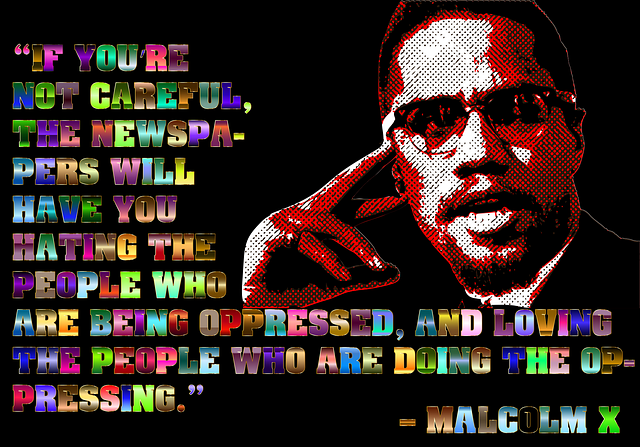There’s a genius in the complex, miraculous beauty that frames this world. Unfortunately, there’s also a genius behind the force that seems hell-bent on destroying that beauty. Its most insidious expression is when it convinces people to do evil while thinking they’re doing good. Jesus summarized it well in his final conversation with his disciples: “They will expel you from the synagogue. The time is coming when those who kill you will think that they are doing a service to God.” (John 16:2)
Most any institution falls victim to this self-righteous self-deception. Look at our political reality. There is a trend to condemn those who point out where our country has lost its way. Those who promote the values of diversity, equality, and inclusion should be celebrated because they help the nation fulfill the dreams of this experiment of democracy. Instead, they’re condemned as socialists and leftists.
The church, ironically, is the most glaring example of this not-so-hidden evil.
Father Richard Rohr has insightfully noted the Achilles heel of we who are part of the religious establishment: “We must first convict religion in its organizational form—not in its adherents, who might be quite good and holy—but the glorified organization itself. When we idolize institutions and refuse to hold them fully accountable—I am going to dare to say the unsayable—they usually become demonic in some form.” (From his What Do We Do with Evil? The World, The Flesh, And the Devil)
That demonic power has sometimes appeared in angelic garb. The ultimate deception of evil is when those who think they’re defending Jesus are the very ones reinventing the role of the institution that killed him. Perhaps this is the best self-deception of evil there is: Imagining you’re doing good while playing into the forces that hurt, exclude, and stereotype. Reformers, zealots, and schismatics, past and present, have sometimes acted as if they have the license to harm because they have perceived a holy cause.
There is no reasoning to be done with such folks because the self-righteous payoff is hefty. Paul was that way. His life changed when the Holy Spirit expanded his experiences, helped him reflect honestly, opened his eyes to Scripture, moved him to repent, and warmed his heart. Before that, though, he caused a lot of damage and took a few lives.
It’s truly sad when that which was supposed to bring out the best in us has been used to promote the worst.
We can lament this state of affairs, or we can focus on doing what we’re called to do.
“Now I encourage you, brothers and sisters, in the name of our Lord Jesus Christ: Agree with each other and don’t be divided into rival groups. Instead, be restored with the same mind and the same purpose.” (1 Corinthians 1:10) The “same mind and same purpose” transcends quarrels about the Bible. It also transcends bickering over creeds.
It means, rather, that we are to live, love, and labor for the kingdom Jesus imagined and died for. A community reaching around the globe that celebrates life in its varied and beautiful forms. One that understands that different voices and expressions may be God’s voice directing in new ways. In short, Jesus calls us to be a community that embodies the beautiful, creative love that birthed and sustains this life. Tending to such a world will take care of the force that sows the weeds.


I hope all us church people will see and heed this message. Thanks Greg. I would like to see it preached from all pulpits.
Ditto – I am sharing this one far and wide on social media. Thank you, Pastor Greg!
I hope all us church people will see and heed this message. Thanks Greg. I would like to see this preached from all pulpits.
A fine line between good and bad. Easy to cross.
Thank you, Greg, for bringing these messages.
Thanks. A good reminder.
Thanks, Greg, for acknowledging that the church is too often an example of self-righteousness. This lovelessness is actually driving people from the church and causing some to question calling themselves “Christian”. Because unfortunately, “Christian” has been co-opted by the right, who are loud and self-righteous.
Diversity, equity, and inclusion are Christian values. When we live DEI and teach DEI we are living how Jesus lived.
If we want to have more Christians, Christians need to show our love by practicing DEI, not thru laws and policies that demonize those who are different.
one of your best, greg! ❤️